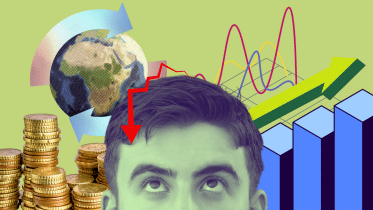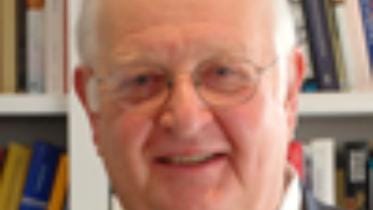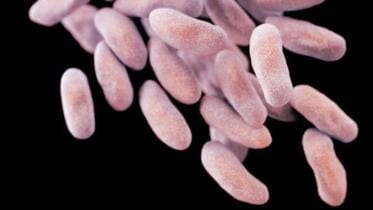Economics and Policy
Starting a degree in Economics? A teacher tells you what to expect
Economics has a unique way of looking at the world through unique tools and mechanisms. The problem, however, starts here. If you ask the question: What is economics, you could be misled.
23 November 2023, 09:53 AM
ECONOMIC DEVELOPMENTS IN 2015
The year 2015 is ending with some positive notes for the Bangladesh economy, though challenges continue to accompany them.
27 December 2015, 18:00 PM
When inequality kills
It is perhaps true that unhealthy habits are more concentrated among poor Americans, a disproportionate number of whom are black. But these habits themselves are a consequence of economic conditions, not to mention the stresses of racism.
10 December 2015, 18:00 PM
THE NOBEL MIND ON ECONOMIES OF POOR COUNTRIES
THE winner of the 2015 Nobel Prize in the field of economics, Angus Deaton, professor of Economics and International Affairs of the Woodrow Wilson School of Public and International Affairs, Princeton University, spent his career working on consumption, poverty and inequality.
18 October 2015, 18:00 PM
Weak States, Poor Countries
Unfortunately, the world's rich countries currently are making things worse. Foreign aid – transfers from rich countries to poor countries – has much to its credit, particularly in terms of health care, with many people alive today who would otherwise be dead. But foreign aid also undermines the development of local state capacity.
16 October 2015, 18:00 PM
Fears grow over increased antibiotic resistance
More than 6,000 deaths a year could be caused by a 30% fall in the effectiveness of antibiotics in the US, a report in The Lancet suggests.
16 October 2015, 12:16 PM






